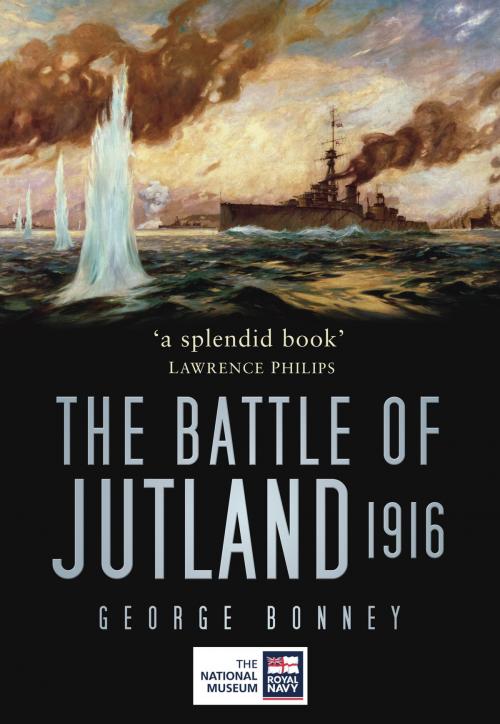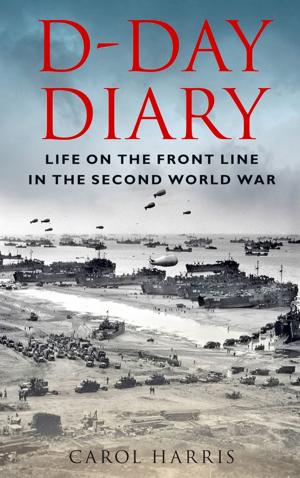| Author: | George Bonney | ISBN: | 9780752495842 |
| Publisher: | The History Press | Publication: | May 1, 2006 |
| Imprint: | The History Press | Language: | English |
| Author: | George Bonney |
| ISBN: | 9780752495842 |
| Publisher: | The History Press |
| Publication: | May 1, 2006 |
| Imprint: | The History Press |
| Language: | English |
The Battle of Jutland was the greatest naval battle of World War I, representing the culmination of the war on the surface of the sea between Britain and Germany, and of the preparations for naval combat that began in 1897. There is controversy to this day over who really won the battle. The fighting took place in the confined waters of the North Sea, just off the entrance to the Skagerrak and the Danish province of Jutland. Both Germany and Britain fielded great numbers of Dreadnought battleships, with scouting cruisers, protecting destroyers, and torpedo boats. The carnage was massive, and heavy losses were suffered—some 6,097 British seamen and 2,551 German seamen had lost their lives. Germany claimed and continues to claim victory. But, although the Royal Navy's grand fleet suffered greatly in terms of ships and men lost, the net result was that for the rest of the war the German High Seas Fleet ceased to be a threat to Allied surface shipping. Lavishly illustrated with archive photographs and paintings, this book presents the Jutland story in an engaging and accessible style.
The Battle of Jutland was the greatest naval battle of World War I, representing the culmination of the war on the surface of the sea between Britain and Germany, and of the preparations for naval combat that began in 1897. There is controversy to this day over who really won the battle. The fighting took place in the confined waters of the North Sea, just off the entrance to the Skagerrak and the Danish province of Jutland. Both Germany and Britain fielded great numbers of Dreadnought battleships, with scouting cruisers, protecting destroyers, and torpedo boats. The carnage was massive, and heavy losses were suffered—some 6,097 British seamen and 2,551 German seamen had lost their lives. Germany claimed and continues to claim victory. But, although the Royal Navy's grand fleet suffered greatly in terms of ships and men lost, the net result was that for the rest of the war the German High Seas Fleet ceased to be a threat to Allied surface shipping. Lavishly illustrated with archive photographs and paintings, this book presents the Jutland story in an engaging and accessible style.















